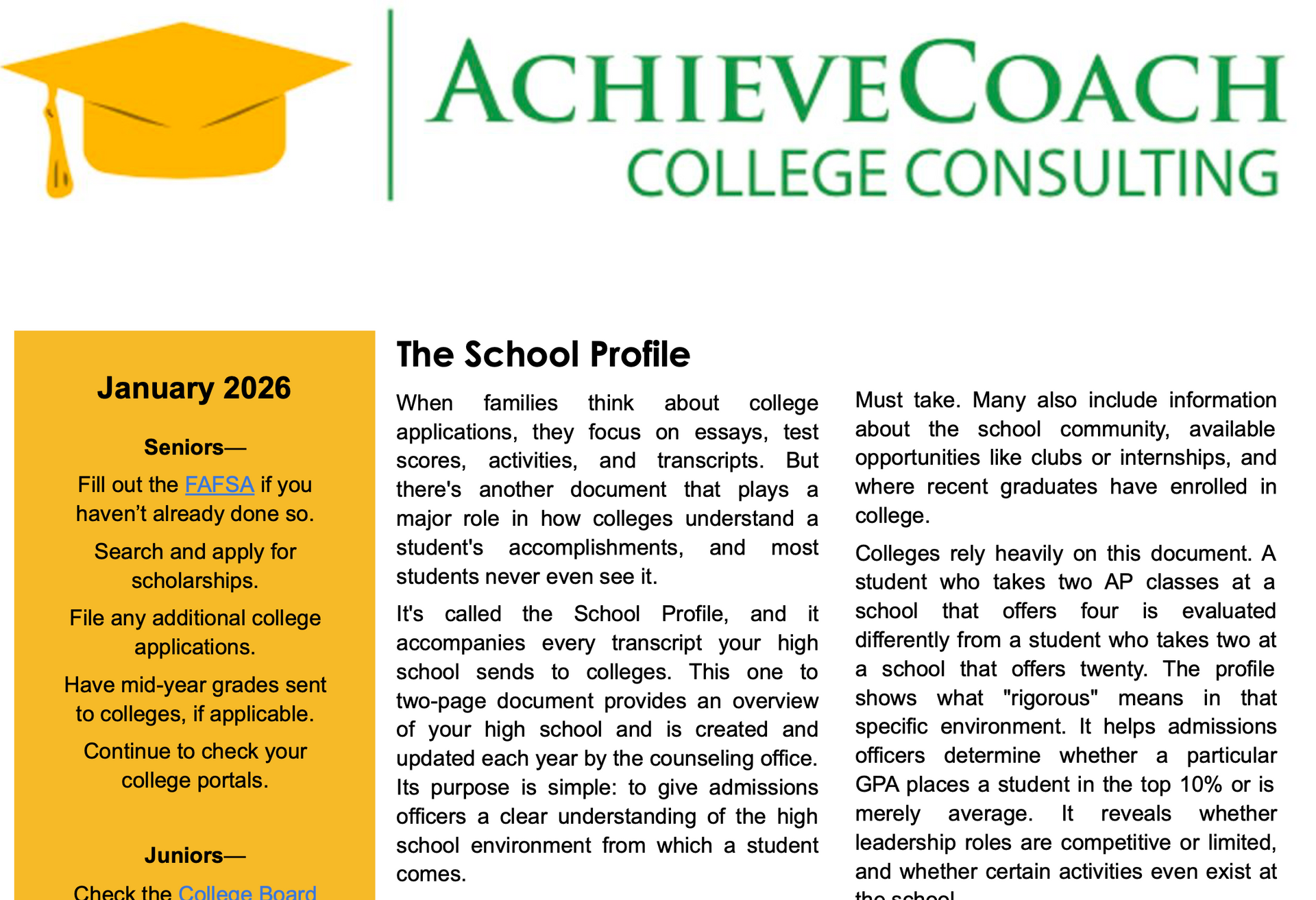Current Topics
It's All About Teacher Recommendations

Umm — Mr. Morgan? Requesting teacher recommendations
As senior year emerges on the horizon, Recommendation Season draws near. This is the time when teachers, not typically accustomed to students seeking them out over summer break, find that in this COVID year many are touching base now with a shy “ask." More often than not, the response to the recommendation request will be, “Yes, I would be delighted to write a college recommendation for you.”
Whom to Ask
Students should aim for a recommendation from a classroom teacher in academic subjects such as english; math; science; foreign language; history -- preferably from junior year. If a student does not have a solid recommender from junior year, it is acceptable to ask a sophomore year teacher. But considering how much a student has likely matured and developed since 10th grade, a recommendation based on academic life from that far back may come off as outdated.
For students who feel confident in their classroom performance and enjoy a rapport with their teacher, requesting a recommendation may feel natural. For those high schoolers who have not yet made those strong connections, there is still an opportunity to consider what they have gained from the class, how it connects to their present or future interests, and share that personal insight with a teacher or two.
How Many Recs to Request?
Colleges vary significantly as to the number of recommendations they welcome. There is a surprising range of policies around this element of the college application, ranging anywhere from one optional recommendation from a school counselor to allowing upwards of five letters from various sources. So what's the norm? Within the scope of recommendations, schools commonly request 1- 2 recommendations from teachers in academic “solid” classes rather than electives. Additional outside recommendations may come from employers; coaches; volunteer coordinators — anyone who has known the student in a context that allows comment based on personal qualities such as leadership; maturity; character and more. Is there such as things as too many recommendations? Yes, and it's easy for students and parents to be tempted to invite everyone from the student's recent past to write on their behalf. In the orbit of college recommendations, the concept of "less is more" rings quite true. Each recommendation should say something substantial about the student that lends, most importantly, insight into academic ability, determination, character, curiosity.
What A Good Rec Sounds Like
It may surprise students to learn that a solid recommendation does not always come from the student’s highest performing class. Qualities in evidence may include engagement; work ethic, contribution to the class’s learning; attitude and drive. Student’s certainly don’t have to earn an A+ to demonstrate these strengths! Often it is the student who has sought extra help outside the classroom or who has struggled through some part of the curriculum and persevered who ends up showing what they are made of.
When to Ask
Asking early in senior year rather than up against a last-minute deadline demonstrates maturity as well as thoughtful appreciation of the rec writer’s time and effort. Junior spring is a great time to approach teachers, when junior year progress is fresh in the teacher’s mind and the student still has time to boost engagement in the classroom. Some teachers prefer that students make their requests at the beginning of senior year.
How to Ask
Requesting teachers recommendations is best done in person. During our current pandemic, when schools are out of session, it’s ok to ask by email. If in doubt, ask the teacher when and how they would like the request delivered. While it seems obvious, students should make a point to thank their teacher.
You may follow up or thank a recommender in person, via email or — as an even more personal gesture — through a handwritten note. During times of social distancing, it's heartening to receive something more personal than an electronic communication!
Perspective and Paying It Forward
While sometimes students agonize over whom to ask and what that teacher may say in their rec, keep in mind that teachers want to support a candidacy. They've been there themselves, and want to see their students advance to their next level of education. Colleges review applications in their entirety, and recommendations are one piece of the multi-piece puzzle. Students: Be sure to thank Mr. Morgan for his time now — and check back in later on during senior year to let him know where you’ll be headed the following fall. This way, you’ll pay it forward, setting the stage for the next group of juniors coming up behind you.
Marla Platt, M.B.A. is an independent college consultant based in Sudbury, MA through AchieveCoach College Consulting, providing expert and personalized guidance to students and families throughout the college planning, search and admissions process. Marla is a professional member of the Independent Educational Consultants Association and can be reached via www.achievecoach.com
Recent posts







